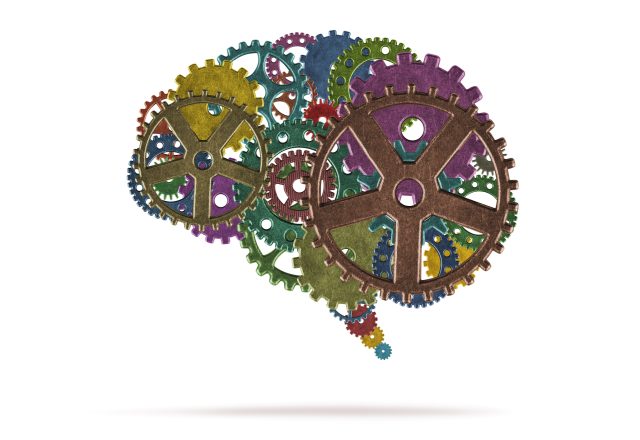In recent years, our education and training system has been buffeted by several seismic events, including the quest to reach ‘Net Zero’ by 2050, Brexit, the COVID-19 pandemic and now the looming prospect of yet another economic downturn. To rise to the challenge posed by each of these events, let alone a combination of them,…
Category: Uncategorized
FINDING A NEET SOLUTION – May 2022
A young person being ‘Not in Education, Employment or Training’ (NEET) can be particularly harmful and have long-term ‘scarring’ effects. Individuals who spend time NEET are more likely to be unemployed, receive lower wages, have a criminal record, report lower levels of life satisfaction and job satisfaction and suffer from health problems such as depression….
MAKING PROGRESS – November 2021
Having been introduced 30 years ago, SATs (‘standardised assessment tasks’) are one of the most prominent features of primary education in England, yet they remain as controversial now as they were back in the early 1990’s. To their supporters, SATs are an invaluable tool for measuring the attainment and progress of both pupils and schools…
VALUE-ABLE LESSONS – July 2021
The debate over ‘low value’ HE has reached a stalemate. Numerous government ministers both past and present and the independent review of post-18 education chaired by Philip Augar (the ‘Augar Review’) have criticised universities for delivering degree courses that do not offer sufficient ‘value’ – primarily in the form of higher graduate salaries and better…
RE-ASSESSING THE FUTURE (PART 2) – April 2021
The dominance of A-levels in the final years of secondary education is inescapable. Of the 328,000 students who finished studying in 2020, 83 per cent of them had studied at least one A-level. Countless other qualifications have come and gone since A-levels were created 70 years ago, but it would be wrong to assume that…
RE-ASSESSING THE FUTURE (PART 1) – January 2021
The impact of COVID-19 on school examinations in 2020 and 2021 has been devastating, yet it would be wrong to assume that all was well before the coronavirus took hold. Examinations at the age of 16 – historically, the school leaving age – have been a central feature of secondary education in England for decades….
FURTHER CONSIDERATION – October 2020
After spending years, perhaps decades, in the policy shadows, the Further Education (FE) sector in England is finally attracting the attention of policymakers. Last year, the ‘Augar Review’ of post-18 education declared that FE colleges “are an essential part of the national educational infrastructure and should play a core role in the delivery of higher…
ADMITTING MISTAKES – June 2020
Since UCAS was created in 1993, it has administered a system of competitive applications from students in which universities choose whom to admit. Students must submit various types of information including their predicted exam grades, a ‘personal statement’ and academic references, after which universities assess the information provided by candidates and decide whether to offer…
RUNAWAY TRAINING – January 2020
The apprenticeship levy began operating in April 2017. The levy is, in effect, a tax of 0.5 per cent on the pay bill of UK employers with annual wages of over £3 million. These employers pay their levy contributions into a digital account held by HMRC and can then ‘spend’ their contributions on apprenticeships delivered…
TRUST ISSUES – September 2019
It would have been hard to imagine back in 2002 when the first ‘city academy’ opened that such a small, targeted scheme aimed at replacing failing schools in urban areas would end up becoming one of the most contentious educational debates in living memory. The situation we are left with almost two decades later is…









